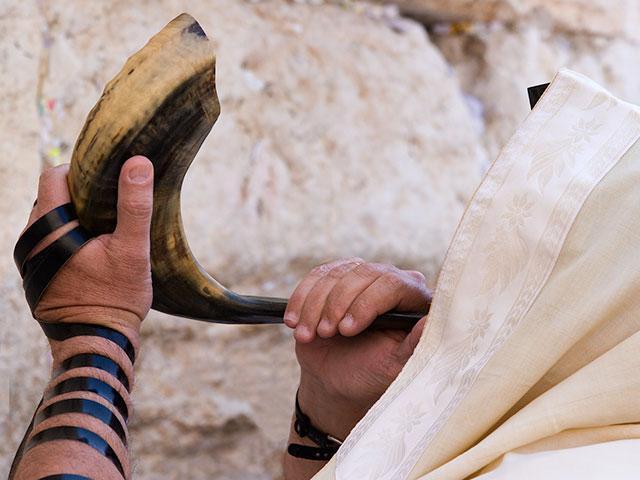Yom Kippur: Day of Atonement

Our Jewish friends are observing Yom Kippur, the Day of Atonement. Unlike other major Jewish holidays, this high holy day is not related to historical events. Yom Kippur and Rosh Hashanah are "Days of Awe," so called to bring attention to the fact of God's role as Master of the universe.
Yom Kippur is considered the most sacred day in the Jewish calendar, although I have been told that, legally, the Sabbath surpasses it in importance. It is on Yom Kippur that kneeling and prostration are adopted as postures of prayer. The book of Nehemiah chapter 8 teaches that "Ezra blessed the Lord... and the people answered, Amen, Amen, with the lifting up of their hands; and they bowed their heads, and fell down before the Lord with their faces to the ground."
According to the Talmud, all of man's actions of the past year are judged by God on Rosh Hashanah, and on Yom Kippur judgment is rendered. Thus the Jews refer to these as the "Days of Awe."
Christians could learn some principles of reverence here. We should hold everything about God as something of awe. We sing, "Our God is an Awesome God." But singing it and acting as though it were true are two different things. All too often we take the presence of God for granted or as if it were our due.
The four mighty seraphim hover over the divine Throne, two wings covering their faces, two wings covering their feet, the remaining two wings holding them in a hovering position as they cry out, "Holy, Holy, Holy." Our thanks go to our Jewish friends for reminding us again on this high holy day of the awe of God.





